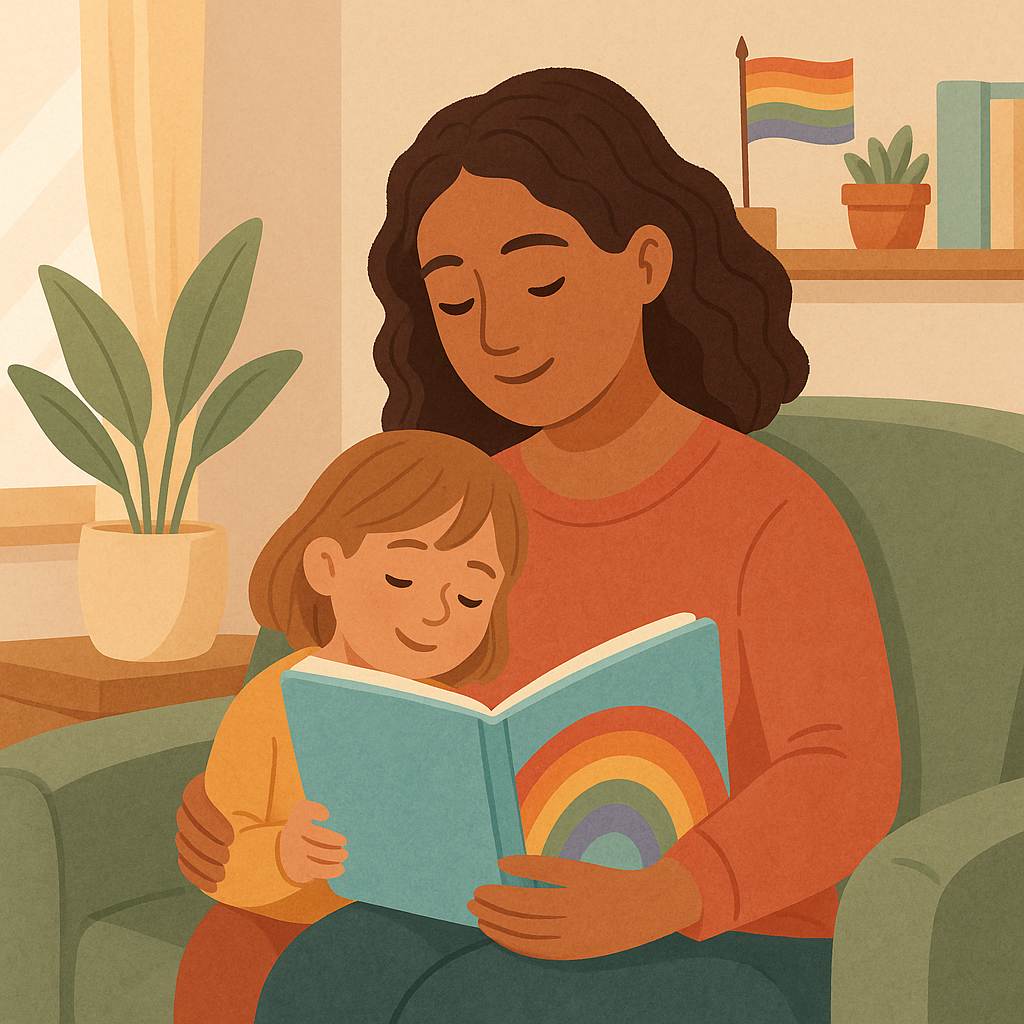Most discussions that I participate in about education end in one of two ways. Either everyone involved agrees to disagree, or everyone leaves frustrated with no real solutions to their complex questions.
One of the major sources of frustration I find when talking to fellow educators is our various definitions for common terms.
For example, take the idea of who or what should benefit from education.
When you talk about the benefits of education, what does one mean by benefits? Who is benefiting? Whose benefits should we foremost be concerned with?
These are fundamental terms that need to be defined in order to understand an argument for reforms, or someone’s choice in alternative education.
Historically speaking, educational philosophers have had three major beneficiaries in mind. Most philosophers have come to look at the idea of education as a benefit to society. Others have argued that education benefits local communities and families, and some have proposed that education ultimately should benefit the individual.
Society
Those that believe education primarily benefits society often espouse programs that standardize curriculum and cause conformity within schools. Education, they believe, is the backbone of a nation. Therefore, experts must hand down what should be taught. Teachers are to present material, ideas, and values that coincide with the nation’s political, intellectual, and ethical pronouncements.
Although not always, most who hold these views also believe in a core knowledge base that must be passed down from generation to generation. They also agree that ideals and intellectual thinking are more important than job training or everyday skills.
The trouble with this belief come when one starts to look at exactly what as society we should be passing on, and how that should be done. In a nation as vast and diverse as America, who decides which values to uphold? When you come to think of it, why does an elite group of so-called “experts” get to mandate how our society educates its young?
Society is not formed by the mass-education of its young.
Communities
Some hold to the view that local, organic communities should benefit from education before society as a whole. What is taught and presented should align with the immediate needs of a community, its majority beliefs, and the work atmosphere.
Programs such as academic tracking (where a student is put on a track, whether for college prep or manual skill) are popular with people who value the benefits of education to the community. According to this belief, there should be a form of standardization within schools in a community, but not necessarily nationally.
Often the idea that education will increase the competent workforce and produce jobs stems from these ideas.
Again, the problems with valuing community needs in education are many. How do we perceive future needs in the job market? Do we know what our students today will need 12 years from now? How do we determine what is important to a community without individual input?
The Individual
The idea that education should first and foremost benefit the individual learner is a hard view to manage. Often many people will say they have this view, and yet their policies and actions speak differently.
In recent years, psychologists that study motivation and learning have realized that the human will is much more complicated and complex than we ever thought. Self-motivation is the most powerful tool for learning and achieving goals in academic and social experiences.
The idea that learning should be child-centered, or at least individualized, has been made popular by certain educators in the progressive, democratic, and unschooling movements. Curriculum and lessons, if present at all, are all based on the motivation and interest of the student.
This idea is also seen in most homeschooling families, but as a benefit to the family as a whole in relationship to one another rather than individually.
Do these three views need to be mutually exclusive? I would like to argue that starting from a view that places society or the community above the individual and family when it comes to educational benefits leads to some serious problems.
What is our fear? Societies from the beginning of time have been composed of individuals and families who were curious, who thought critically about ideas, and who cooperated together to form great communities.
Societies don’t form educated people. Educated people form societies.
If we start with the view that education is for the benefit of the individual, those benefits will spread to the family, community, and eventually society as a whole.
Read Part 2: Models and Methods
- The Importance of Developing a Sober Mind in Our Students - February 22, 2019
- Teaching Children At Natural Development Points - February 21, 2019
- Dealing With The Fears Of Unlimited Game and Media Time - January 20, 2019



